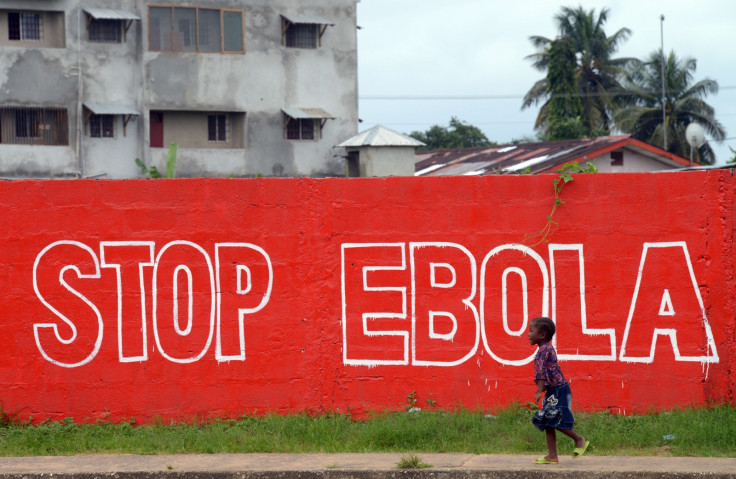Ebola Outbreak: First Human Testing For Experimental Vaccine to Begin in US

The first human trial for an experimental Ebola vaccine will begin in the US this week, amid mounting concerns over the spread of the virus.
Since December 2013, more than 1,500 people have been killed by Ebola in West Africa. It's the worst outbreak since the disease was discovered in 1976 near the Ebola river in modern-day Democratic Republic of Congo. Sierra Leone, Liberia, Guinea, Nigeria and Senegal have all been affected by the disease.
As Ebola continues to spread, the testing of a vaccine developed by pharmaceutical company GlaxoSmithKline and the National Institute of Allergy and Infectious Diseases (NIAID), one of the centres that makes up the National Institutes of Health (NIH), is to begin in humans.
NIH said studies of the vaccine involving primates had shown promise and the research centre had decided to speed up the safety testing in humans, in the hope it could curb the transmission of the Ebola virus.
"There is an urgent need for a protective Ebola vaccine and it is important to establish that a vaccine is safe and spurs the immune system to react in a way necessary to protect against infection," Dr Anthony Fauci, director of the NIAID, said in a statement.
"The NIH is playing a key role in accelerating the development and testing of investigational Ebola vaccines."
The phase I clinical trial, VRC 207, will assess the safety of the vaccine and determine whether it induces an immune response in humans that could protect against Ebola. The study will be conducted at the NIH Clinical Center in Bethesda, Maryland.
For the trial, 20 healthy adults aged between 18 and 50 will be split into two groups. Participants in one group will receive an intramuscular injection of the vaccine, while the other will be given a single injection at a higher dose.
Daily and weekly reviews of patient data will also be conducted and all the participants will be assessed by clinical staff nine times over 48 weeks. No human subjects will be infected with Ebola.
"The vaccine itself does not contain infectious Ebola virus material, so, therefore, it cannot cause a person who's vaccinated to become infected," GlaxoSmithKline vice president of public policy Donna Altenpohl told ABC News.
The vaccine will also be tested on healthy volunteers in Britain, Gambia and Mali, once details are confirmed with health officials, according to the NIH. It cannot be tested in any of the infected countries because the existing healthcare infrastructure would not support the trials, Fauci said.
Funding from an international consortium formed to tackle Ebola will enable GlaxoSmithKline to begin manufacturing an extra 10,000 doses of the vaccine while clinical trials are ongoing.
The additional vaccines will be made available if the World Health Organisation allows emergency immunisations in communities most at risk from the disease.
Experimental drug Zmapp has been given to several people already infected with Ebola.
© Copyright IBTimes 2025. All rights reserved.





















